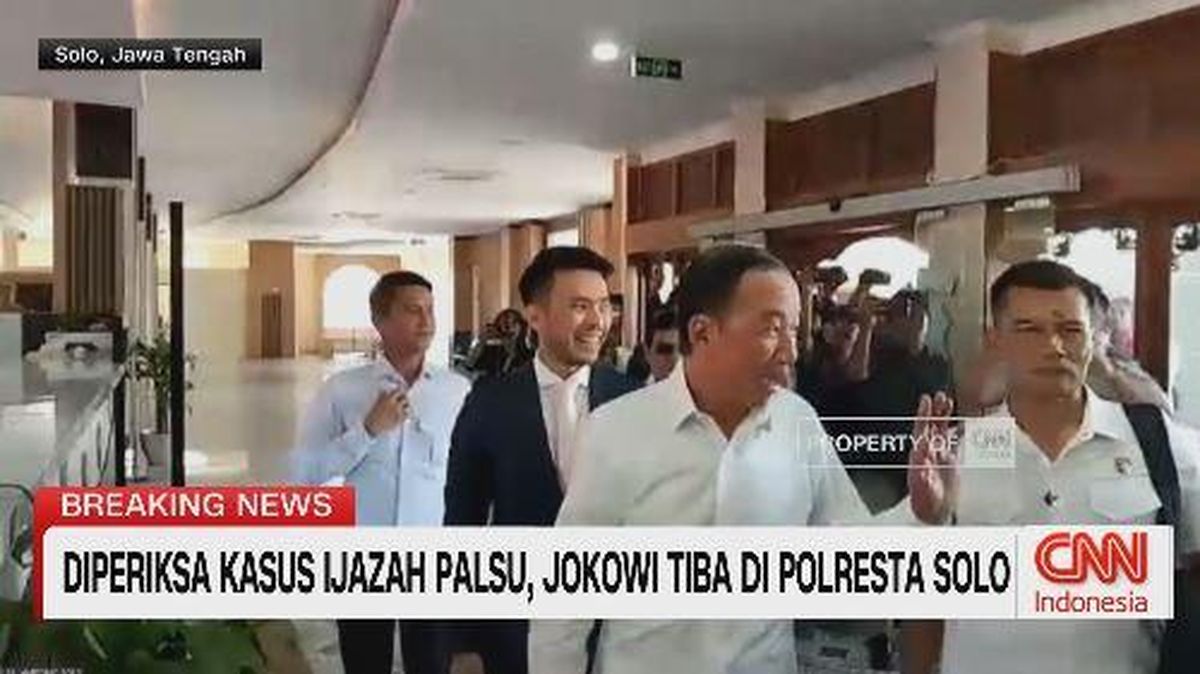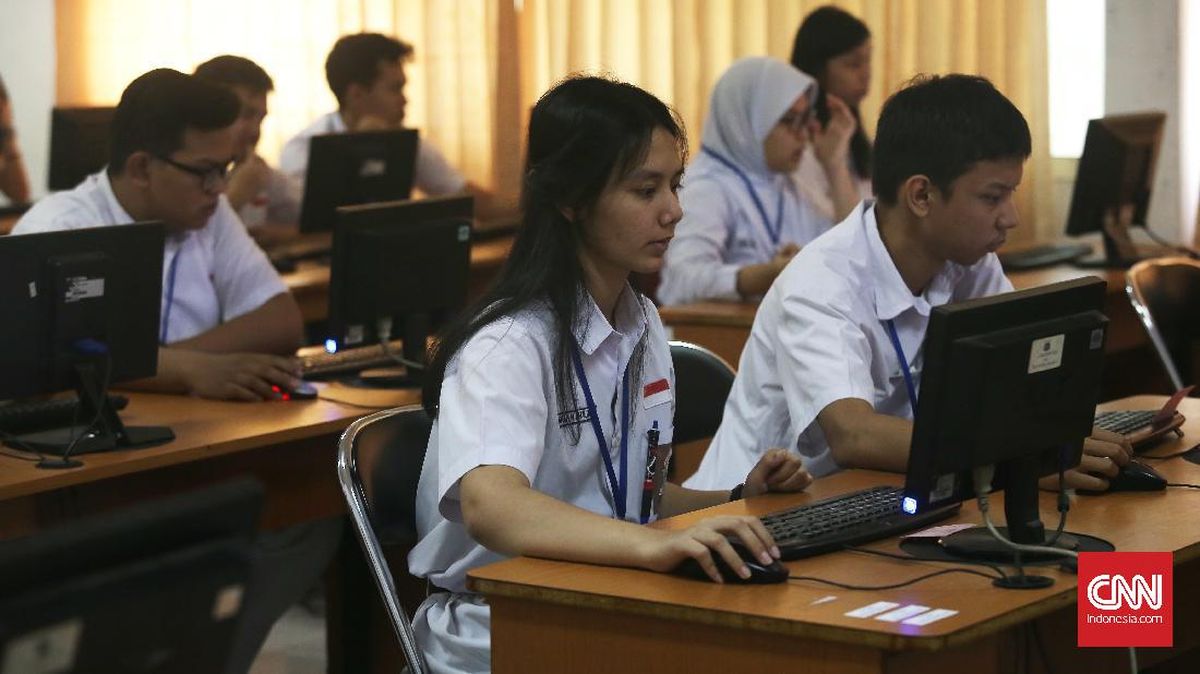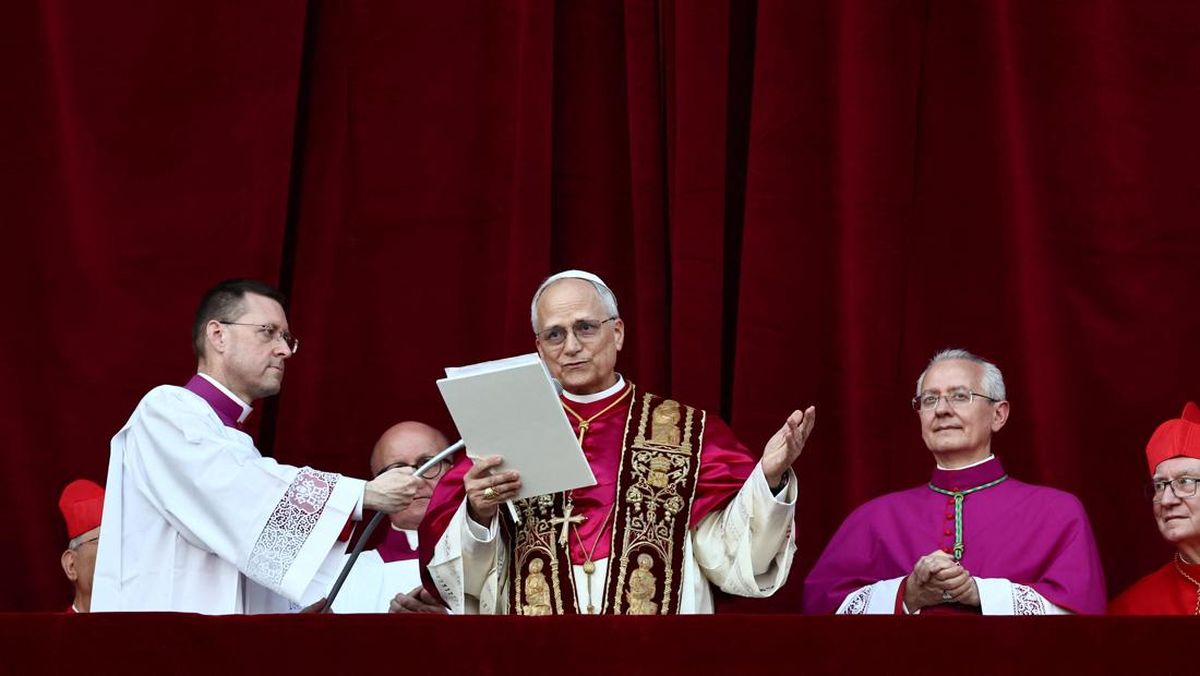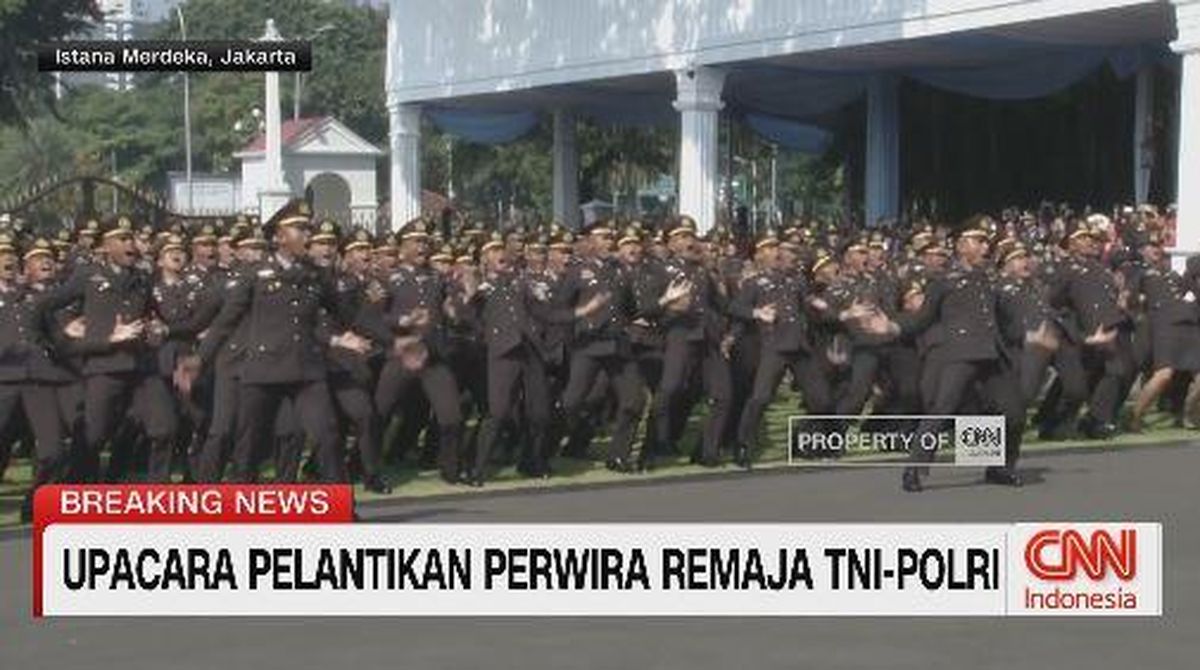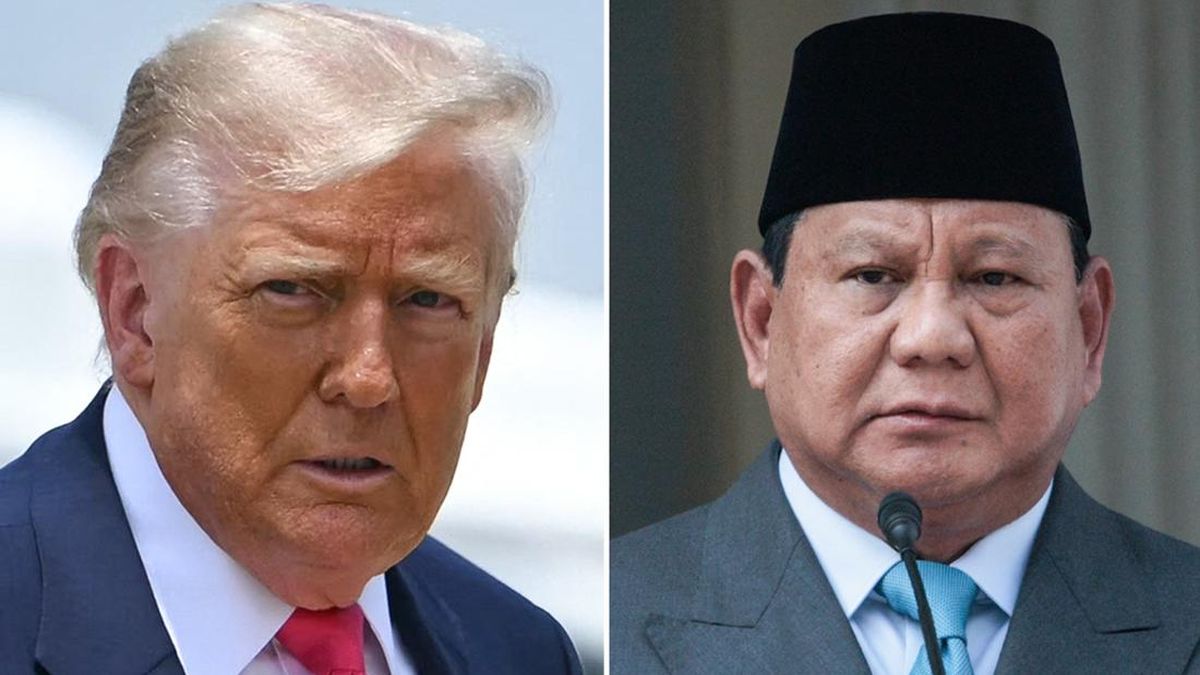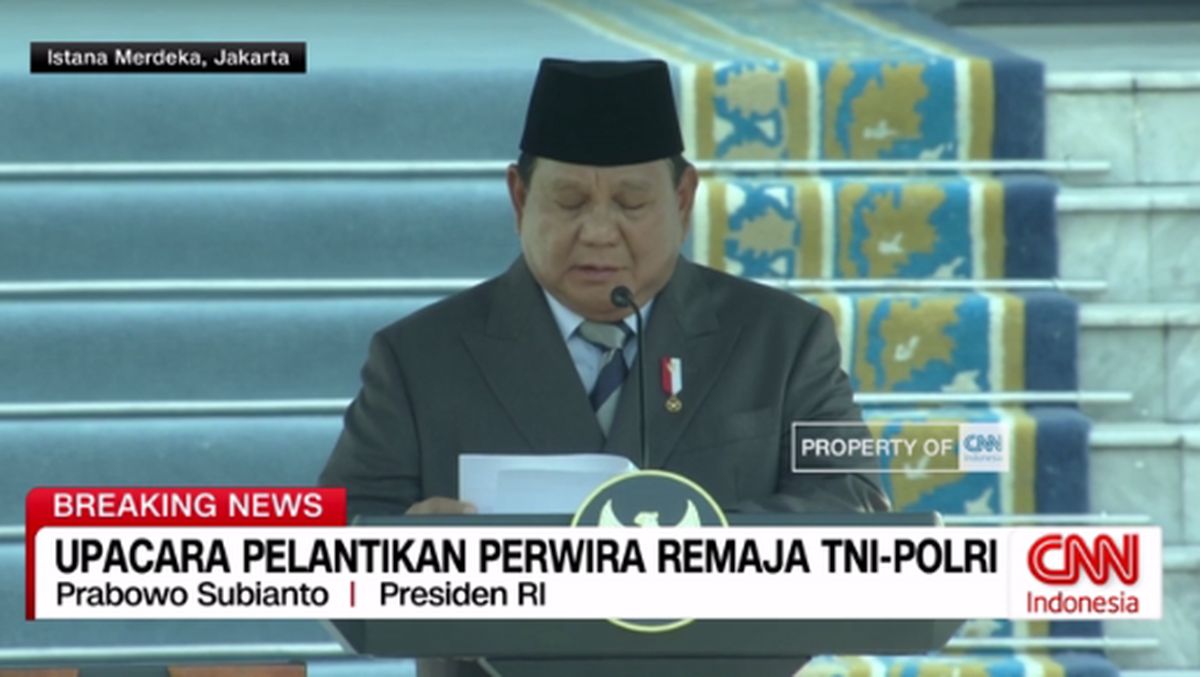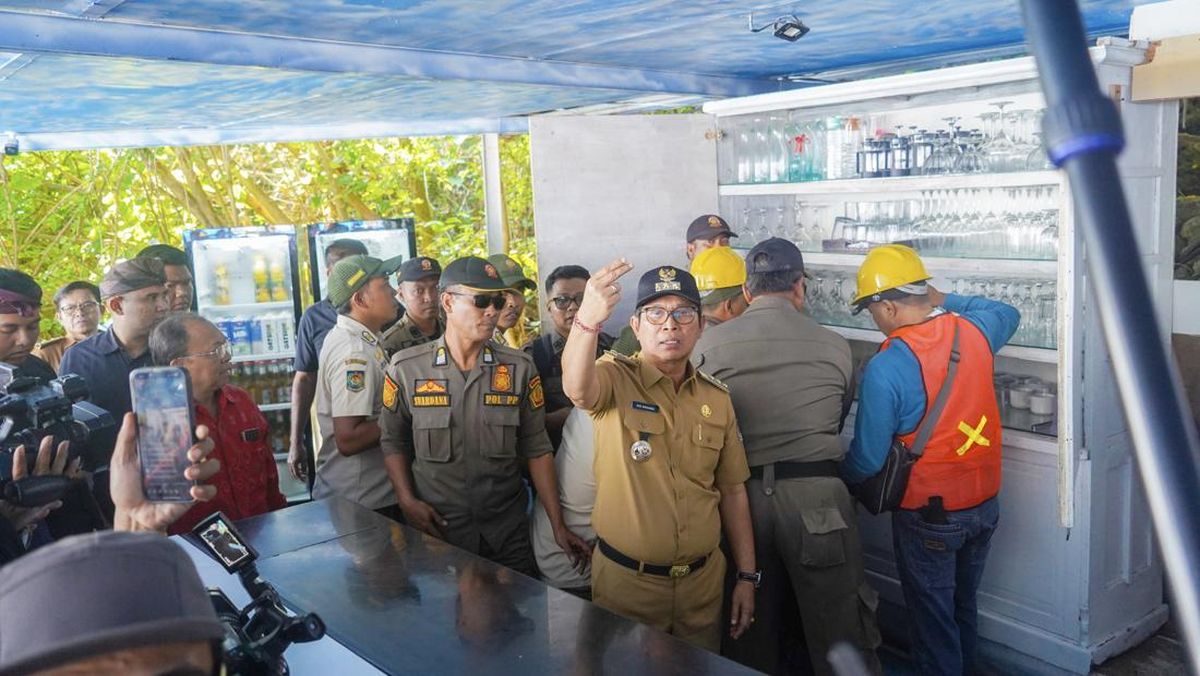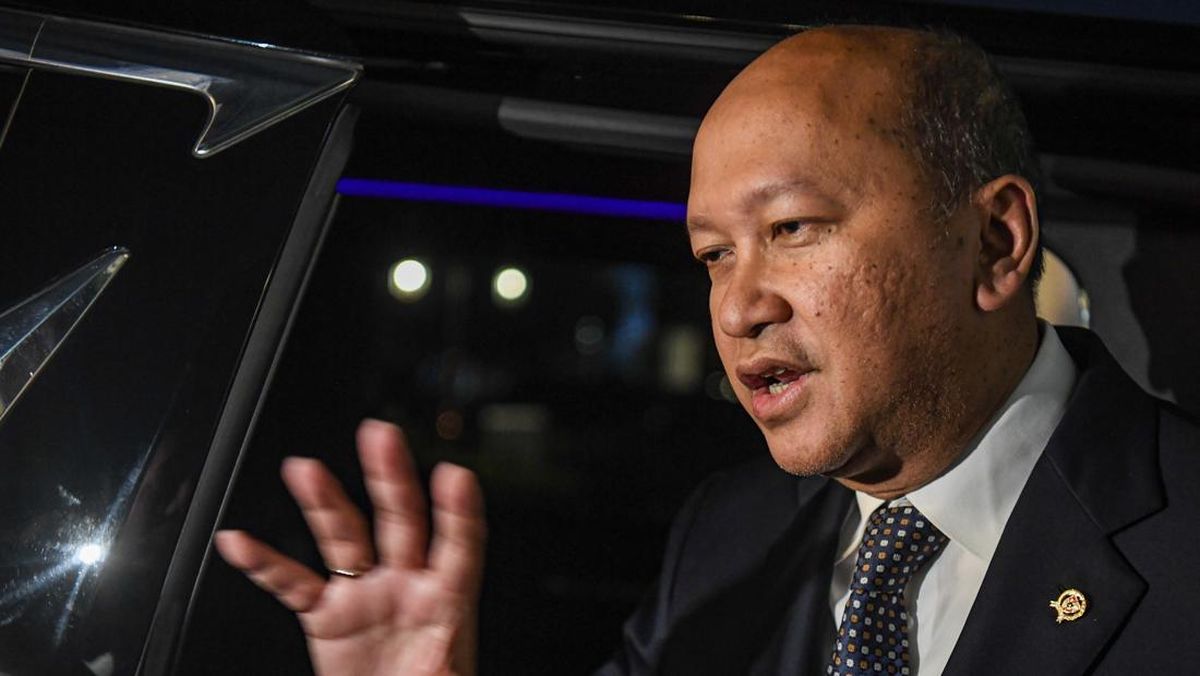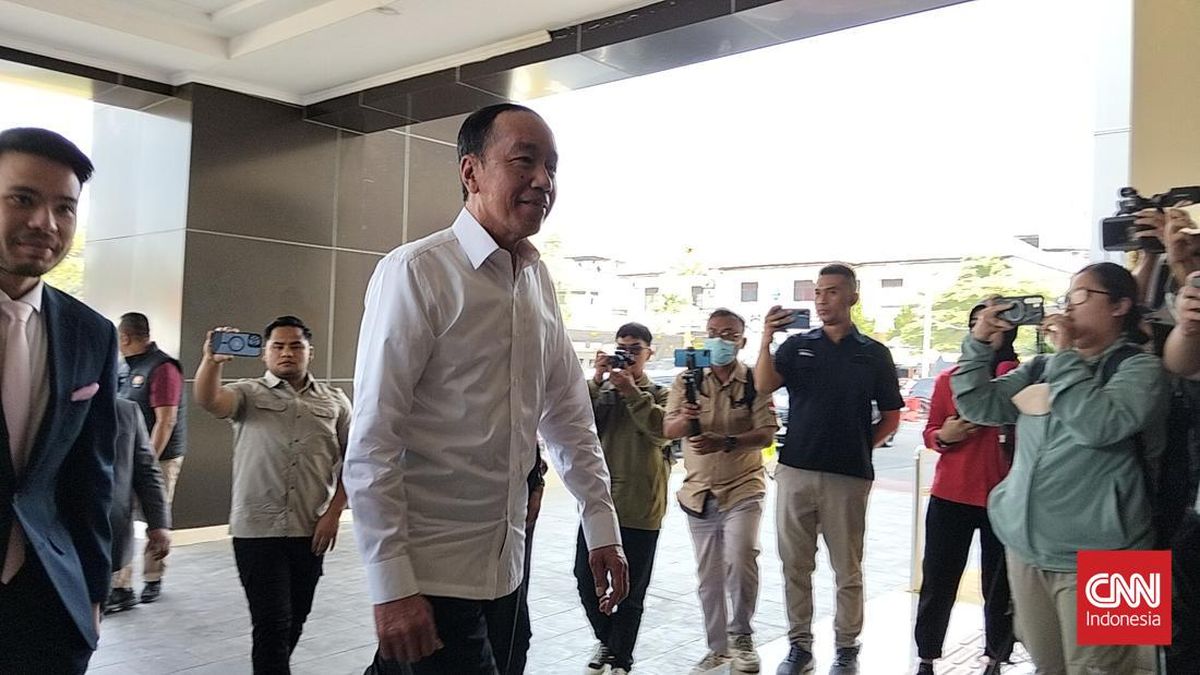Thousands of Australian business travellers, students and workers heading to the United States are set to be charged a $US250 ($383) visa application fee as part of changes introduced under President Donald Trump’s “big beautiful bill”.
Most Australians visiting the US as tourists enter the country under the Electronic System for Travel Authorisation, known as the ESTA waiver program, and will have to pay a small increase for the cost of the waiver – from $US21 ($32) to $US40 ($60).

US President Donald Trump during a ceremony for the signing of the One Big Beautiful Bill Act on July 4.Credit: Bloomberg
The US Department of Homeland Security has the authority to begin the new “visa integrity fee” from October 1.
It can be applied to anyone who is not eligible for the ESTA visa waiver, including the Visa H-1B (specialty occupations), Visa F-1 (academic student), Visa B-1/B-2 (business visitor/tourist visitor), and Visa J-1 (exchange visitor).
People will need to pay the charge once their visa application is approved – in addition to the cost of the visa.

US immigration at Los Angeles airport.Credit: The Age
The fee will also apply to intra-company transferees (Visa L-1) or the visa category for extraordinary ability or achievement in arts, athletics and sciences (Visa O-1).
Not everyone can qualify for the ESTA waiver. Among exclusions are people with criminal records or certain dual-nationalities.
Travellers in line to be slugged by the “visa integrity fee” could be eligible to recoup the full cost after legally exiting the country.
“The intent behind this refund provision is to incentivise compliance with US immigration laws by treating the $US250 as a refundable security deposit – essentially rewarding those who follow the rules,” according to US immigration law firm Reddy Neumann Brown.
Loading
Trump’s One Big Beautiful Bill Act was passed by Congress and signed into law on July 4. The controversial spending bill makes tax cuts permanent, while raising spending on defence and Trump’s signature issue, border security. It does so by cutting spending on healthcare, nutrition and Medicaid programs. The Congressional Budget Office forecasts the bill would add $US3.4 trillion to US deficits over the next decade.
A spokesman for the US consulate in Sydney said: “The Trump administration is committed to protecting our nation and its citizens by upholding the highest standards of national security and public safety through our visa process.
“Congress enacted the visa integrity fee as part of the ‘One Big Beautiful Bill’ to support the administration’s priorities of strengthening immigration enforcement, deterring visa overstays, and funding border security.”
Melissa Elf, global chief operating officer, Corporate Traveller and FCM Travel, said the “key thing to understand is that Australia, as a key trading partner of the US, is covered under the ESTA visa waiver – this is also true of other major markets like the UK, New Zealand, and Japan”.

A migrant (in white) passes through security before boarding a flight in Shreveport, Louisiana, US. The Trump administration has been moving detained migrants to former prisons in Louisiana.Credit: Bloomberg
“Businesses within countries not covered by the ESTA visa waiver will need to make note of the new charge, but … corporations that need to travel, will travel,” Elf said.
Loading
Stories of Australians blocked from entering the US have emerged since the beginning of Trump’s second term in January. Writer Alistair Kitchen was detained in June in Los Angeles and then deported while trying to travel from Australia to New York. Kitchen says he was deported because of his writings on Gaza, while US authorities said he put false information on his visa waiver application.
Earlier this month, US Travel Association president and chief Geoff Freeman criticised the potential imposition of the visa integrity fee.
“Raising fees on lawful international visitors amounts to a self-imposed tariff on one of our nation’s largest exports: international travel spending,” Freeman said.
“These fees are not reinvested in improving the travel experience and do nothing but discourage visitation at a time when foreign travellers are already concerned about the welcome experience and high prices.”
The Business Briefing newsletter delivers major stories, exclusive coverage and expert opinion. Sign up to get it every weekday morning.
Most Viewed in Business
Loading



